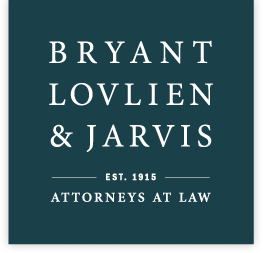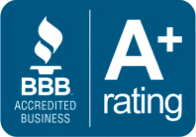Here are answers to some common questions that we regularly receive about charitable giving:
Question: What tax advantages are available when giving to a charity?
a) There is a charitable deduction from the estate tax, so every
dollar given to charity upon your death reduces the size of your estate
and avoids estate taxes on the dollars given away.
b) If done while you are alive, you will receive an income tax
deduction in the year that the gift is given, and to the extent the
deduction cannot be fully utilized, it can be carried forward for up to
five years. Lifetime charitable giving also reduces the size of your
estate, so will accomplish the same estate tax objectives as charitable
giving at death.
Question: Should I give to a charity while alive or only at my death?
Lifetime giving can be very rewarding because you are able to see the
benefits of the gift while you are alive. Also, if you have a history
of being involved in a charity while you are alive, the charity will be
aware of your particular charitable inclinations and you can better
direct where the funds should be used by the charity. It is more
difficult for the charity to make those decisions if a gift is left at
death and the charity has no history with the person donating. However,
lifetime gifts are not always financially possible for all donors. You
should consider a lifetime gifting plan only if you have sufficient
assets to support yourself for the remainder of your life. Therefore,
it is beneficial to review you financial situation with a trusted
advisor before making significant lifetime gifts.
Question: What are some of the common techniques to give to a charity?
There are a variety of ways to make a charitable gift. The most common forms of charitable giving are:
a) direct gifts such as gifts of stock, cash, or real estate to a charity.
b) lifetime gifts that reserve a benefit to the donor. These include
gift annuities and charitable remainder trusts where the donor receives
an income stream after the gift is made.
c) gifts of a qualified plan such as an IRA or 401(k) account. These
accounts hold pretax money so if left to a family member upon your
death, the family member will be obligated to pay income tax on the
amounts withdrawn from the account. In addition, the entire account is
included as part of your estate for estate tax purposes. Therefore, if
your estate is large enough to be subject to federal and state estate
tax upon your death, the person receiving these qualified plan accounts
may end up paying up to 94% of the account to the state or federal
government as either estate tax or income tax (this is the combined
federal and Oregon estate tax and income tax rates as follows: estate
tax, 35% federal and 15% state; income tax, 35% federal and 9% state).
If given to a charity, the account passes to the charity free of income
tax. In addition, it will qualify for the charitable deduction for the
estate tax. So, the tax that would be due if these accounts are left to
a family member could be avoided if left to a charity.
d) through a private foundation or donor advised funds. These are
gifts made through a fund or foundation established by the donor. The
donor then makes annual or testamentary gifts through this
organization. This is a good way to involve children and grandchildren
in the donation process to help instill a culture of charitable giving
within the family.
 “This advisory is published by Bryant, Lovlien & Jarvis, PC
“This advisory is published by Bryant, Lovlien & Jarvis, PC
to provide a summary of significant developments to our clients and the
community. It is intended to be informational and does not constitute
legal advice regarding any specific situation. This material may also be
considered attorney advertising under court rules of certain
jurisdictions.”

